
Near the beginning of Mike Epps: Don’t Take It Personal, available to stream now on Netflix, comedian Mike Epps asserts that he doesn’t have any time to be modest. “It’s my time to shine,” he says, to gradual applause. I would not call his hour-long set particularly glowing, but it is peppered with a number of genuinely hilarious moments. Unfortunately, those glimmers are outnumbered by instances of stale, overtly misogynistic humor.
An opening title montage of the busy Los Angeles nighttime, set to classical piano, transitions to the handsome interior of the Orpheum Theatre. A large set piece, modeled after the central staircase in a luxuriant mansion, fills the backdrop of the stage. Mike Epps’ house DJ introduces a pianist – seated stage right at a grand piano – then welcomes the comedian himself. Epps steps down a staircase from the right wing in a vibrant red blazer and vest, a look he attributed on Twitter to the influence of lauded comedian Richard Pryor. He reaches the stage floor, seizes the microphone and stand, and gives the crowd an excited welcome. Epps surveys the age of audience members, cracking jokes about generational differences. He wins over the spectators and establishes a relaxed stage presence that he maintains for the balance of the hour.
Epps certainly looks like he’s enjoying himself throughout. He frequently pounds the microphone head, even knocking off its felt cover at one point, and laughs harder than I did at most of his jokes. Given the loose, somewhat jumbled feel of his set, these mannerisms feel pretty grating by the end of the special.
Some of his somewhat self-congratulatory gestures are more deserved than others. In a standout bit from the special, Epps paints a conversation between President Obama and a boy named Slick, who’s calling for his daughter, Sasha. With a near-perfect vocal impression of the Commander-in-Chief, Epps delivers hilarious deadpan lines, imagining the all-business president revealing strong protective instincts to shut down the random gentleman caller.
Another strong bit occurs shortly on the heels of that one, with Epps describing his unsuccessful attempts to sell a kilo of cocaine. “I didn’t know who to sell it to,” he says, explaining, “I went to my aunty and said, ‘You know anybody who do dope?’” Epps drops his punchline so unassumingly that it’s brilliant in its earnestness.
The comedian gets some momentum early on when he riffs on men’s habits in their arguments with women. He goes on a detour through the possible voicemail messages that men are likely to leave partners after having their penis size insulted, and the results he offers are mostly funny even as they stretch in absurdity. Epps moves from embittered to desperate sentiments, to inquiring about Cookie on Empire, to rediscovering faith to help a relationship.
The comic then pushes the joke further, suggesting the conversation between a boyfriend and his girlfriend’s mother. His delivery here, an affected impression of a mother’s voice, is more amusing than his content. His mother character fills the boyfriend in on what his girlfriend’s been saying about him – that he’s abusive and threatened to “kill all her friends.” His boyfriend asks, “Did she tell you what she said to me?” and then says, “She said I had a little dick.”
It’s here that Epps’ motivations get murkier. This farcical anecdote seems to critique (cisgender-heterosexual) male entitlement and the systemic violence that results from it, but only barely. And Epps’ next joke – that if men hit women, “you’re going to jail,” because women are “laying in the bed with their thumb on speed dial” – makes light of gendered violence without any indication of commentary.
Epps tells these kinds of jokes in a strangely matter-of-fact way – he may intend to make comedy out of these toxic dynamics, but his approach feels harmful. There’s a level of disregard to his stand-up – he’s evidently unconcerned with the implications of such a set. Especially in the comedy scene, in which women remain essentially shut out from late night television, to hear a male comedian trounce so carelessly into more deeply problematic territory feels like insult to injury.
So much of the special is built on a cheap, misogynistic attempt at humor that Don’t Take It Personal is ultimately far more exhausting than engaging. Epps frequently speaks about women in terms of their bodies – more specifically, in terms of their sex appeal and willingness or unwillingness to have sex with men. He describes the feeling of having sex with women who begrudgingly consent when they’re not in the mood as “the worst.” Later, he tells an uncomfortable story about his grandmother having tea with Bill Cosby and not being able to remember what happened afterward. He also cartoonishly demonstrates the walk of women with “good pussy” and of “fine bitches” with “dead pussy,” moving around the stage with a stilted strut and pursed lips.
These jokes, sliding from objectification of women to implied or explicit violence towards them, are more than just eyeroll-inducing. They’re distinctly regressive, evidence of the frustratingly sturdy presence of misogyny in modern comedy. Epps has charisma, and when he’s more challenging in his stand-up, the comic can deliver a satisfying and surprising punchline. For much of Mike Epps: Don’t Take It Personal, however, the man relies on the kind of reductive and destructive material that, despite belonging to the distant past, still damnably continues on.


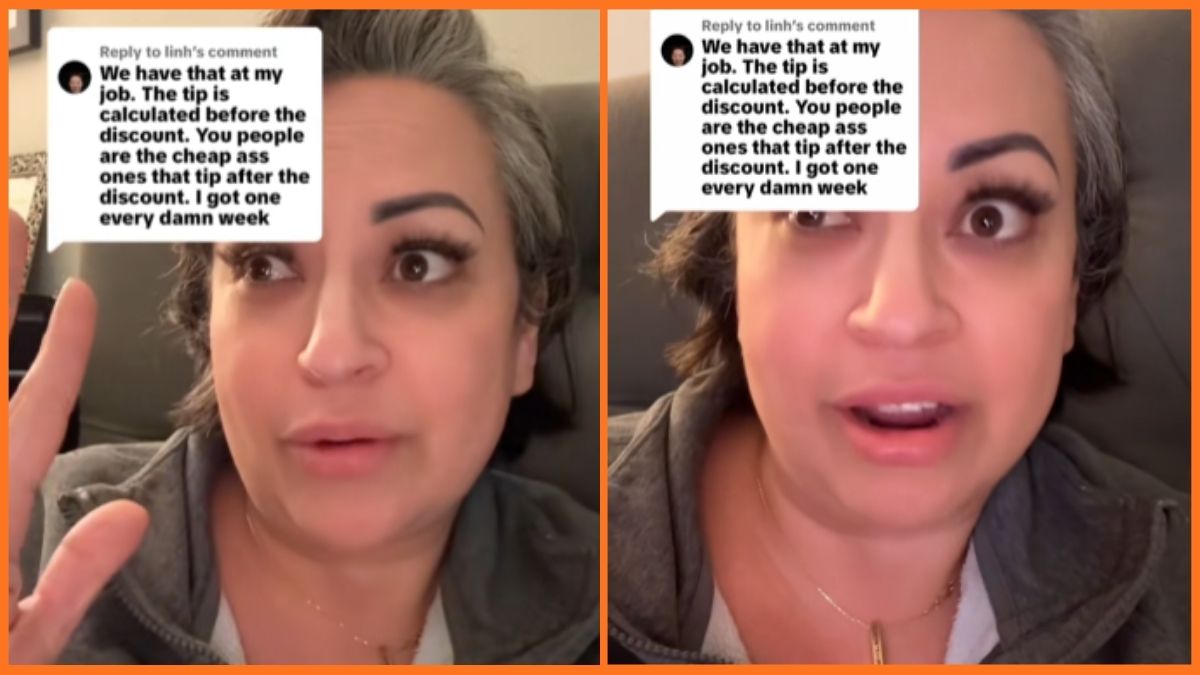
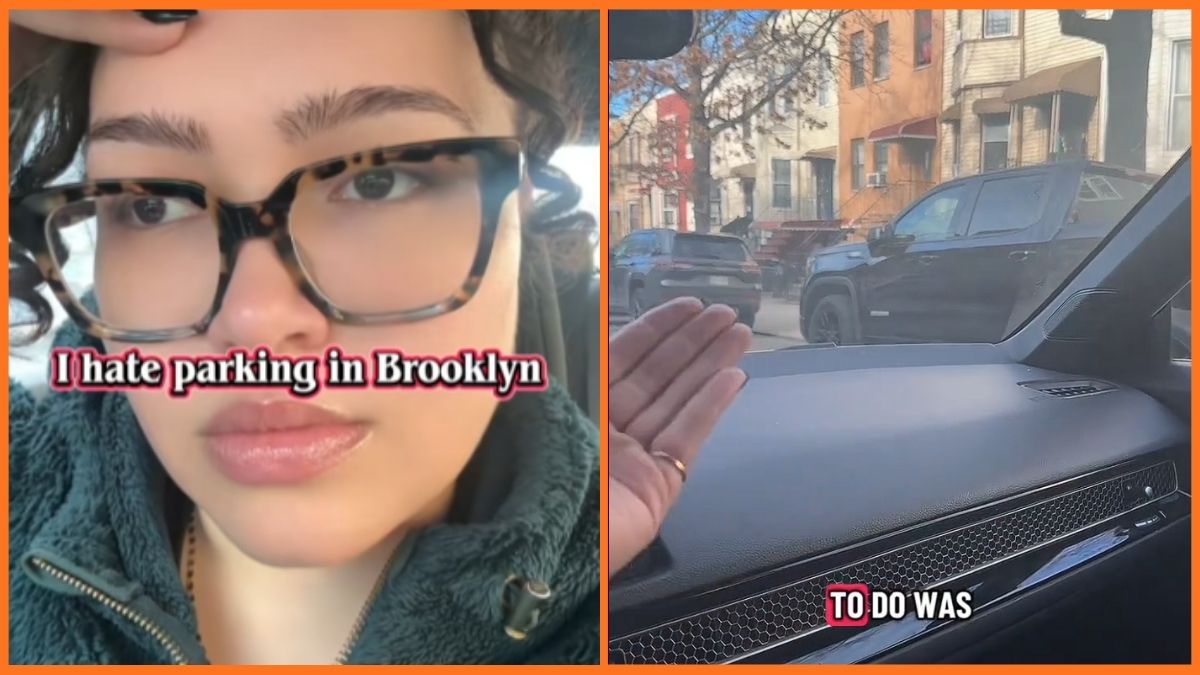
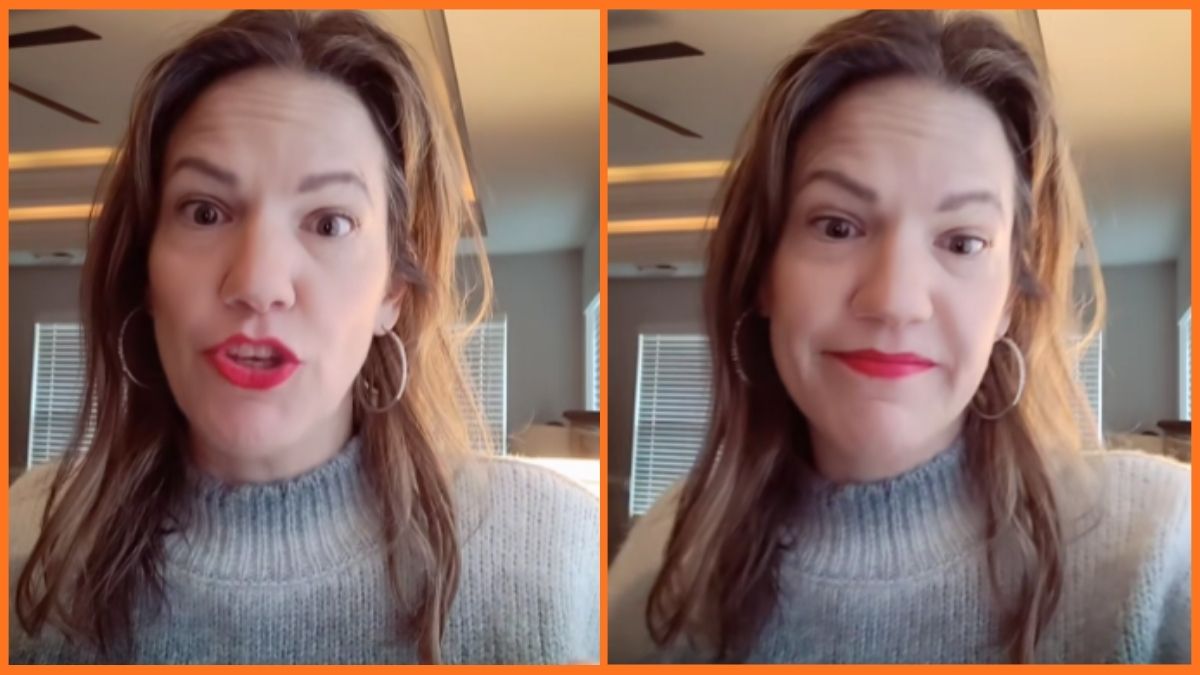
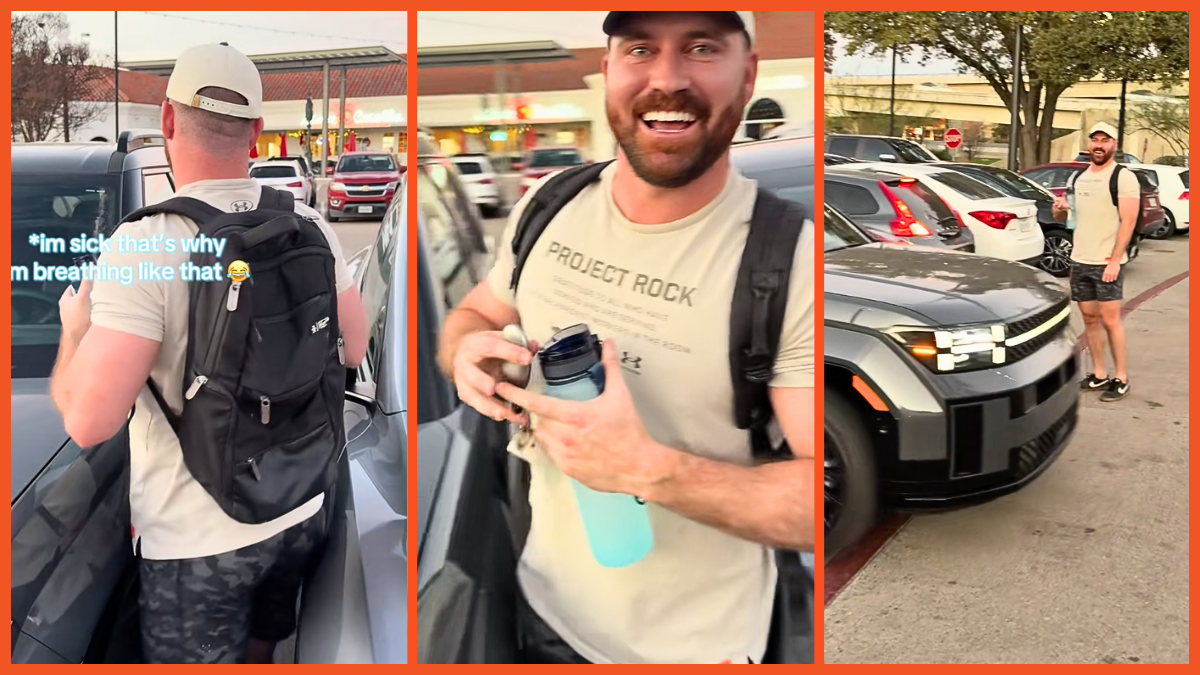
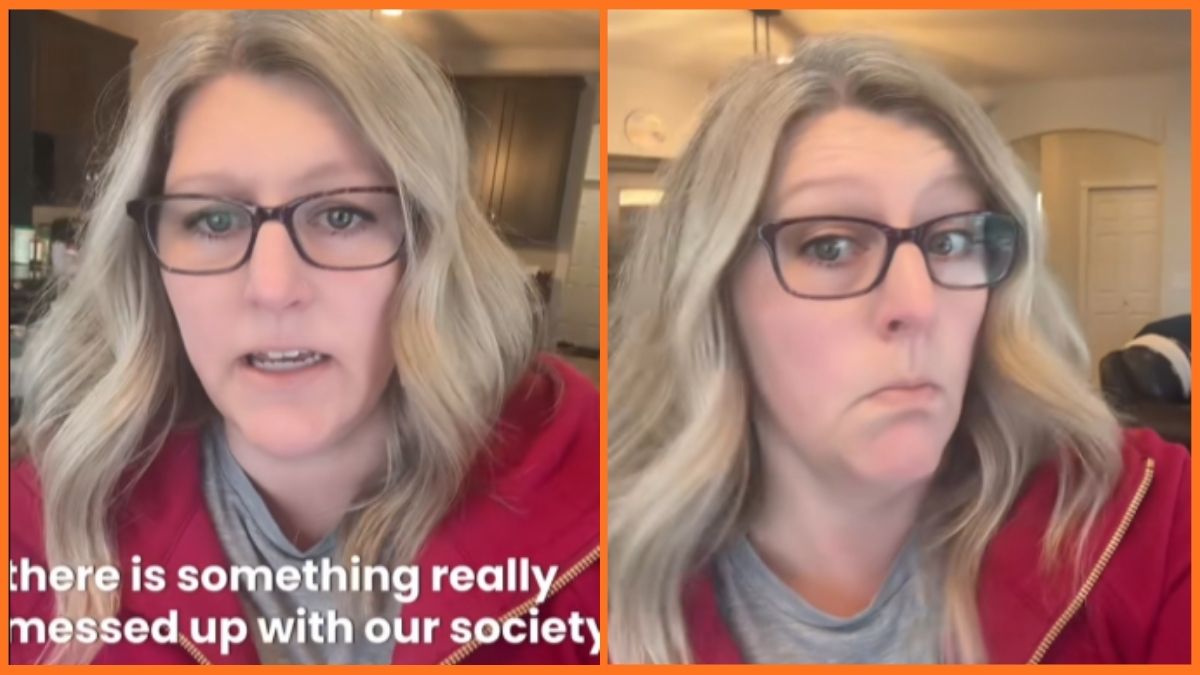
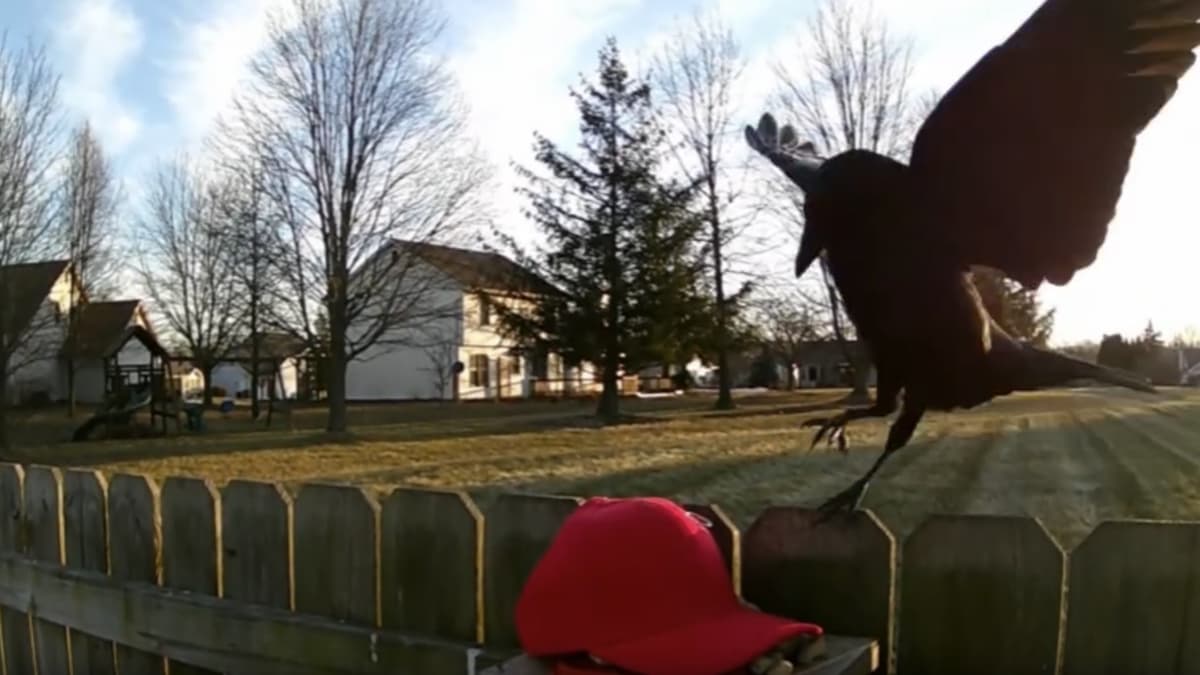
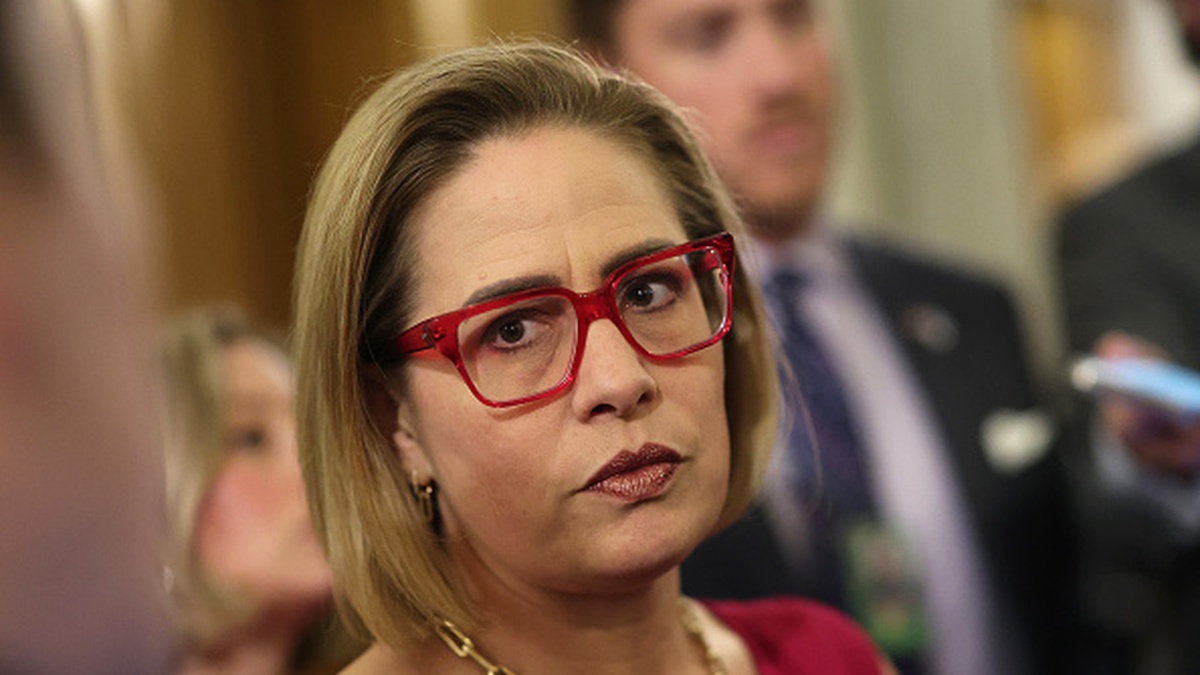
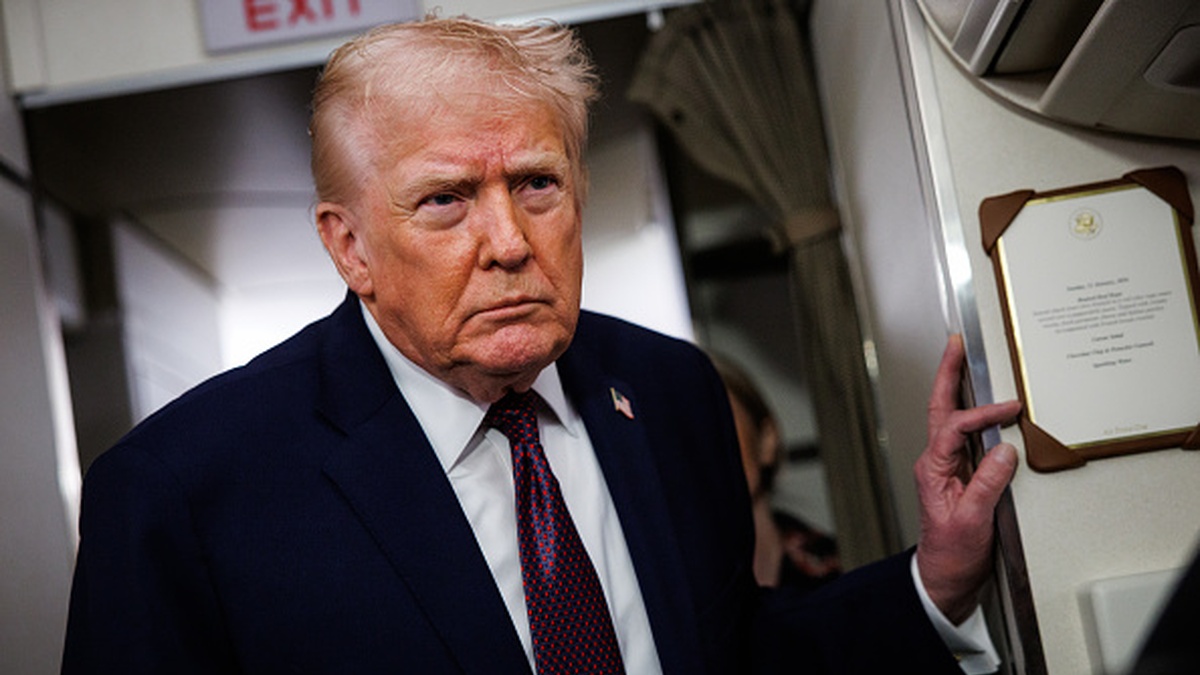
Published: Dec 23, 2015 10:28 am